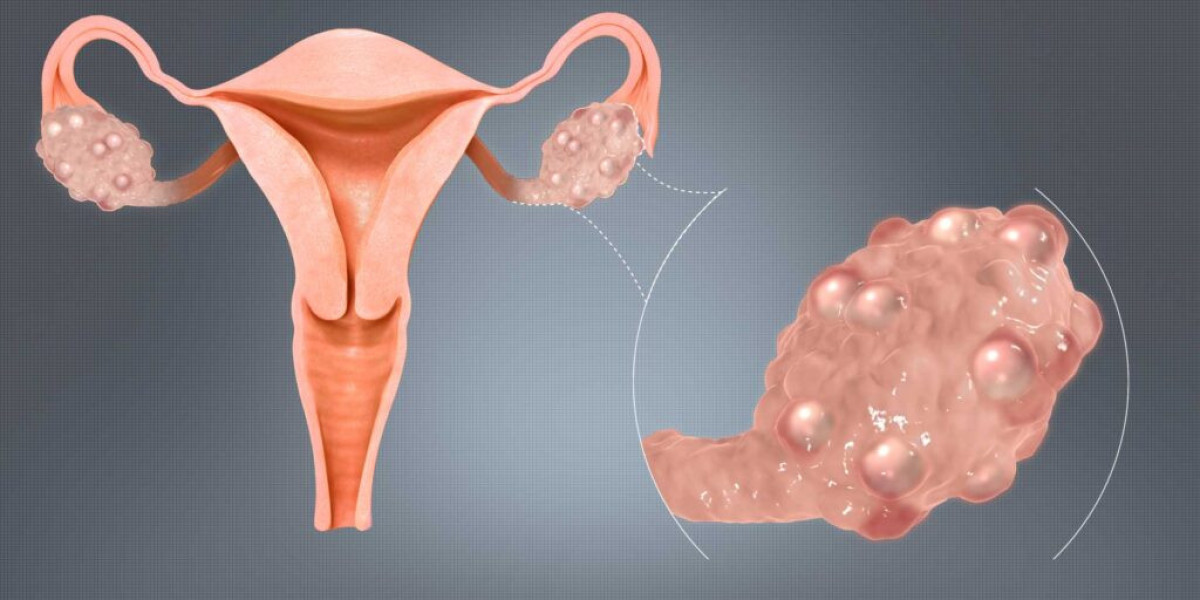Polycystic Ovary Syndrome (PCOS) is more than a hormonal disorder—it’s a lifestyle condition that requires a multifaceted treatment approach. While medications and clinical interventions play a vital role in managing PCOS, the importance of lifestyle modifications cannot be overstated. For women seeking PCOS Treatment in Bangalore, making the right changes in daily habits can significantly improve results and reduce long-term complications.
At Sattva Fertility, under the expert care of Dr. Rathnamani H. Arkachari, PCOS care includes medical, emotional, and lifestyle support tailored to each woman’s unique needs. In this blog, we’ll explore key lifestyle changes that perfectly complement clinical PCOS Treatment in Bangalore and contribute to holistic healing.
Why Lifestyle Matters in PCOS Management
PCOS stems from a combination of hormonal imbalance, insulin resistance, and inflammation—factors that are deeply influenced by diet, exercise, stress, and sleep patterns. Even the most advanced PCOS Treatment in Bangalore can be limited in effectiveness without changes in these core areas.
The good news is that lifestyle modifications are natural, sustainable, and highly effective in regulating menstrual cycles, improving fertility, and reducing symptoms like acne, weight gain, and hair growth.
1. Balanced Nutrition: A Foundation for Hormonal Health
A well-structured diet is one of the most powerful tools in managing PCOS. Women receiving PCOS Treatment in Bangalore are encouraged to follow a low-GI (glycemic index) diet that balances blood sugar and supports weight loss.
Recommended dietary habits:
Focus on whole grains like quinoa, oats, and brown rice
Add plenty of fiber from fruits, vegetables, and legumes
Reduce refined carbs and sugary drinks
Include healthy fats (nuts, olive oil, avocados)
Consume lean protein like fish, tofu, lentils, and eggs
At Sattva Fertility, nutritionists work closely with patients to create PCOS-specific meal plans as part of a comprehensive care package.
2. Regular Physical Activity: Boosting Insulin Sensitivity
Exercise enhances insulin sensitivity, reduces androgen levels, and helps regulate periods—all vital aspects of PCOS Treatment in Bangalore. Physical activity also supports mental health, which is often affected in PCOS patients.
Effective exercise tips:
Start with 30 minutes of brisk walking, 5 days a week
Add strength training exercises 2–3 times a week
Consider yoga or Pilates for stress relief and flexibility
Stay consistent rather than intense
Dr. Rathnamani emphasizes that even modest weight loss (5–10%) can lead to significant improvements in ovulation and hormone levels.
3. Stress Management: Calming the Hormonal Storm
Chronic stress raises cortisol levels, which can further disrupt hormonal balance and worsen PCOS symptoms. Women undergoing PCOS Treatment in Bangalore benefit from incorporating stress-reduction techniques into their routine.
Stress-reduction strategies:
Daily mindfulness or meditation for 10–15 minutes
Deep breathing exercises or guided relaxation
Limiting screen time, especially before bed
Pursuing hobbies, art, or journaling
Sattva Fertility offers emotional and psychological support as part of its PCOS treatment programs, ensuring patients are cared for in every dimension.
4. Quality Sleep: Supporting Hormonal Regulation
Sleep plays a crucial role in regulating hormones, metabolism, and insulin levels. Disrupted sleep is commonly reported among PCOS patients and can hinder progress.
Sleep hygiene tips:
Aim for 7–8 hours of uninterrupted sleep
Maintain a consistent bedtime and wake-up time
Avoid heavy meals and caffeine before bed
Reduce blue light exposure from screens in the evening
Better sleep habits can amplify the results of PCOS Treatment in Bangalore, making recovery faster and more sustainable.
5. Avoiding Smoking and Alcohol: Reducing Risks
Smoking and excessive alcohol intake can exacerbate insulin resistance, worsen hormonal imbalances, and increase the risk of long-term complications like cardiovascular issues.
Quitting smoking and limiting alcohol are essential steps toward improving outcomes from PCOS Treatment in Bangalore.
6. Tracking Progress and Staying Motivated
Using health apps, fitness trackers, or simple journals to record your meals, workouts, periods, and emotional state helps identify what works best for you. This data also supports doctors like Dr. Rathnamani H. Arkachari in tailoring treatment and lifestyle advice.
Why Choose Sattva Fertility for Holistic PCOS Care?
At Sattva Fertility, every woman is treated as an individual, not a case number. Recognized as a trusted IVF Center in Bangalore, Sattva integrates lifestyle coaching, diet consultation, emotional counseling, and advanced diagnostics into every PCOS Treatment in Bangalore plan.
Whether you’re trying to manage symptoms naturally or planning to conceive, Sattva Fertility is known as the Best fertility clinic in Bangalore for its comprehensive, affordable, and evidence-based approach.
Dr. Rathnamani H. Arkachari, a highly regarded IVF Specialist in Bangalore, ensures that patients receive not only cutting-edge fertility solutions but also the tools to transform their everyday lives.
Success Stories: Real Women, Real Results
Women from across Bangalore and neighboring cities have found lasting relief and improved fertility through consistent lifestyle changes alongside PCOS Treatment in Bangalore. Many have reversed insulin resistance, regained regular periods, and conceived naturally—all with the right blend of medical care and holistic living.
One patient, a 31-year-old graphic designer, successfully regulated her cycles through customized diet and exercise, while another conceived naturally within six months of starting treatment at Sattva after years of irregular periods.








